Good music is so important in many areas of our lives, but nowhere is it more significant than in our worship. But what is good music? How do we know it is considered good? Who makes the rules?
A friend of mine and I were talking recently about a formal church service she had attended and she related her amazement at how much the church she visited had changed over the years. The guest was clearly fond of the preacher and the close friendships she had with the members of the congregation, but she was agitated about the type and duration of the music. “They sang one song seven times,” she said. “I just don’t get it. What happened to the good old hymns of our youth where there was a real message in the words and they meant something to everyone who sang them?”
I confess I tend to align myself with the more conservative music I know from my past, and perhaps, it is because that is what I am most comfortable with at this stage in my life. I’ve heard many choirs, soloists, musical presentations and orchestras over the years in working with various churches, but in my book, you really just cannot beat the old hymns of the faith for meaning, sincerity and depth. Most were written from an experience the author had in his own life or from one he or she observed in the lives of others. Many are based on a particular Scripture that was of supreme importance to the writer.
My husband often teases me about being “stuck in the past and only liking the old church songs,” and perhaps he is more right than he knows. When I hum “Amazing Grace” or “Jesus Paid It All,” too often for his liking, he’ll say something like, “Don’t you know another tune?” Or “Can’t you switch gears?” I do like many of the songs Bill and Gloria Gaither have written in recent years and can usually switch over to one of theirs such as “Because He Lives” or “My Anchor Holds.” Bill and Gloria are wonderful people, remarkable Christians, talented artists and savvy businesspeople, whom I’ve known and loved for many years since I first met them on our national conference programs. This one couple has given their lives to getting good Gospel music to the masses and their ministry is bigger than ever today.
My former pastor, Curtis Hutson, often said that good church music sets the stage for the Gospel message and that the soloist who sings just prior to the beginning of the sermon has much responsibility placed on his or her shoulders. I clearly remember Dr. Hutson asking for a slow, meditative, Scriptural-based song to always be sung just prior to him delivering his message. He felt the music helped the hearers prepare their hearts for worship or learning. Now, this is certainly not to say that Dr. Hutson and our congregation did not enjoy several rousing spiritual songs in every service and we often had long, evening singings where folks came and sang their hearts out for whomever had gathered to hear them.
I also had the privilege of working with Dr. Alfred B. Smith, a great composer, who wrote many songs and several books on the subject of church music. Dr. Smith had spent a lifetime accumulating information about the authorship of certain songs. He had many original manuscripts and pieces of unlikely paper where authors had hurriedly dashed out lyrics while on planes, in restaurants and in hotel rooms or even while sitting on the pulpit waiting to sing in a service. One of my favorites that Dr. Smith wrote hurriedly one evening is “His Banner Over Me Is Love.” It is a happy little song that makes my heart rejoice every time I hear it.
“Amazing Grace” is one of the oldest and most held dear of the church hymns. I read the story recently of its authorship by John Newton (1725-1807). The story is told in “The One Year Book of Hymns” published by Tyndale House.
“The gift of forgiveness is often best appreciated by those who need it the most. The Reverend John Newton experienced this truth firsthand. His tombstone tells the story. ‘John Newton, clerk, once and infidel and a Libertine, a servant of the slavers in Africa, was, by the rich mercy of our Lord and Savior Jesus Christ, preserved, restored, pardoned and appointed to preach the faith he had so long labored to destroy.’
“These words were written by Newton himself, a testimony to God’s grace transforming power. After years as a hardened slave trader, that ‘wretch’ met Jesus Christ and abruptly turned to defend the gospel he had so long despised.
“Throughout Newton’s years of ministry, God’s amazing grace remained central to Newton’s thinking. When it was suggested he retire (at age eighty-two) due to poor health and a failing memory, he responded, ‘my memory is nearly gone, but I clearly remember two things: that I am a great sinner and that Christ is a great Savior.’”
The first verse of the song Newton penned says, “Amazing grace, how sweet the sound — that saved a wretch like me. I once was lost but now I’m found, was blind but now I see. John P. Rees added a fifth stanza to the work later.
If you have a favorite hymn or song of the faith that you’d like to know more about, please send me the title or the author’s name, and I will try to find the documentation concerning its authorship and the circumstances in which it was written. You can reach me at brendacannonhenley@yahoo.com.
Friday, May 16, 2008
The importance of good music in a church service
Labels:
amazing grace,
good music,
popular hymns,
song writers
Subscribe to:
Post Comments (Atom)






.jpg)



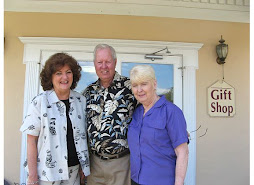


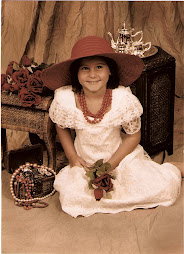



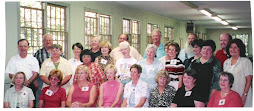
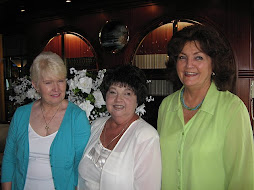




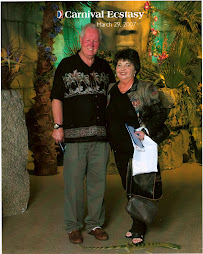




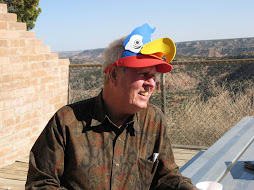

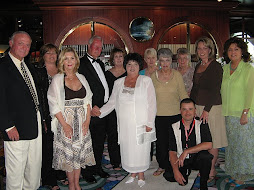

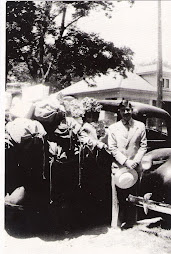
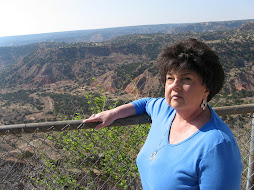
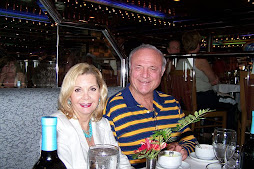
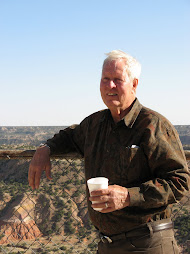
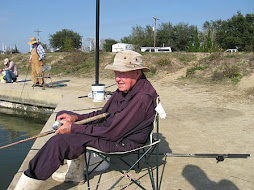
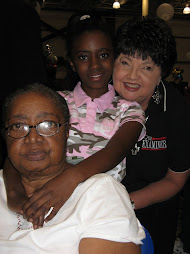

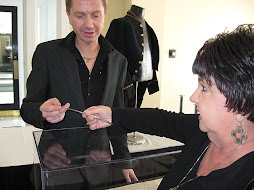

No comments:
Post a Comment